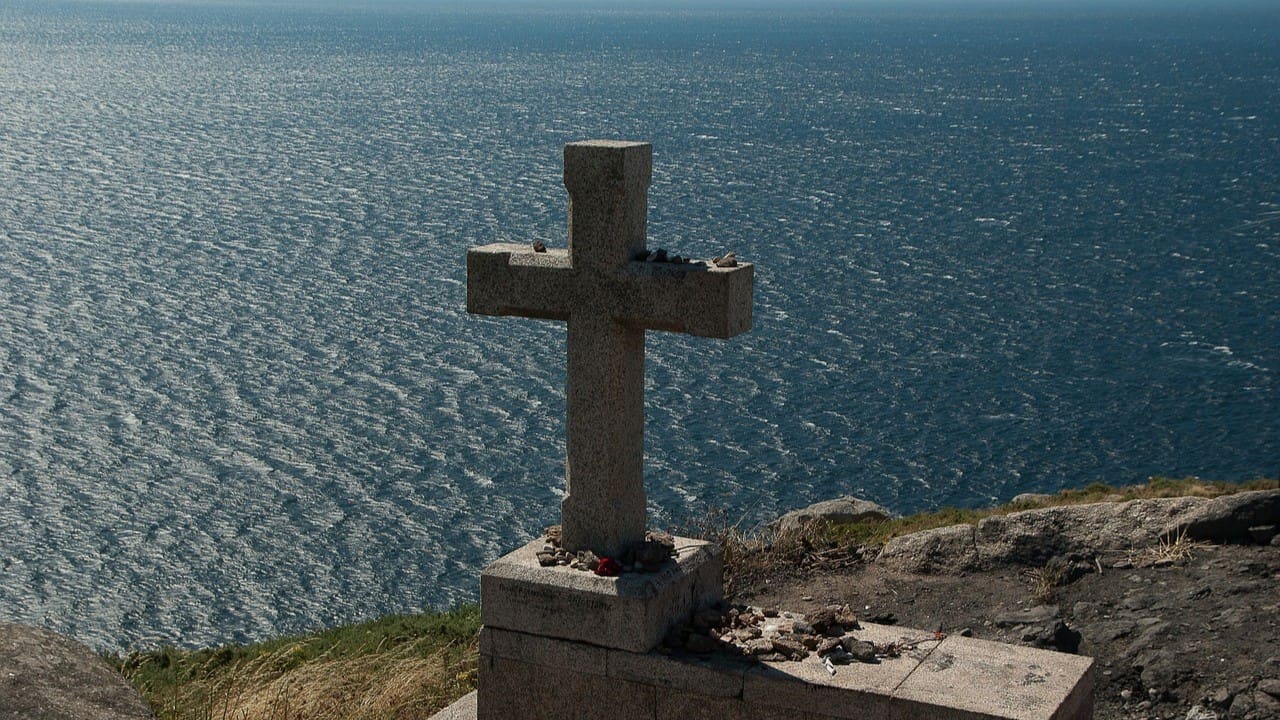National identity is a sense of belonging to the collective identity of a nation. It is built upon a set of aspects related to the culture, language, ethnicity, religion, or characteristic traditions of that community. A community of people sharing a series of historical-cultural bonds establishes the concept of a nation. National identity has been crucial to the cohesion and development of peoples. That European identity, based on sacrifice and hard work, fostered exponential growth in the quality of life for citizens.
National Identities Disappearing
However, that identity, along with the national identities that constitute it, is disappearing, more rapidly in some countries than in others. Historically,
South America has always looked up to Europe as a model, but now it observes with astonishment and perplexity what is happening.
Muslims hold fast to their own identity, traditions, and customs. They are not willing to negotiate or sacrifice any of those. This is exemplified, for instance, by the case of a teacher in France who asked his students to raise their hands if they have French citizenship, to which they all did. Then he asked who felt French, and none responded affirmatively.
Virgineke on Twitter: “🇫🇷 | Francia | Estudiantes de 2° y 3° generación de inmigrantes son preguntados si se sienten franceses y responden que no 😎 pic.twitter.com/qbcuYxpRU5 / Twitter”
🇫🇷 | Francia | Estudiantes de 2° y 3° generación de inmigrantes son preguntados si se sienten franceses y responden que no 😎 pic.twitter.com/qbcuYxpRU5
In 1974, the then-president of Algeria, Houari Boumediene, stated: ‘One day, millions of men will leave the Southern Hemisphere to go to the Northern Hemisphere. And they will not go there as friends. Because they will go there to conquer it. And they will conquer it with their sons. The wombs of our women will give us victory.’ A prophecy that is materializing.
In 2014, Mohammed was already the most popular name in Britain, according to a survey by the BabyCentre website.
The same year, it was revealed that Mohammed had become the most common name among males living in Oslo, according to a study by Statistics Norway (SSB), and by 2023, it was the most popular name in Barcelona, too.
How can this phenomenon be explained?
While Europe is experiencing a demographic winter, Muslims who have immigrated to the old continent have many children.
If the trend continues, it will only be a matter of time before Muslims become an absolute majority in Western European societies,
reaching positions of power, where Muslim politicians could even, for example, change the laws and implement Sharia, the set of rules governing life, both public and private, based on the Quran. Under Sharia, punishments are established in the form of lashes, amputations, stoning, and even the death penalty for offenses including adultery, false testimony, apostasy, or homosexuality.
For readers who may consider the possibility of Muslim politicians in European countries making radical decisions an exaggeration or something too distant in time, it’s worth recalling the rant Scotland’s First Minister, Humza Yousaf (the first Muslim to hold the position) delivered in the Scottish parliament in 2020. Yousaf said that all government positions in Scotland are filled by white people, which is ‘not good enough’ and there is ‘structural racism’ in the country. A similar statement has been made by Ireland’s Prime Minister of Indian descent Leo Varadkar, who, also in 2020, declared that Ireland’s government and civil service are too white, and that it has to change to become more ‘diverse’.
There is an inherent compatibility issue between Christianity and Islam, as evidenced by an ever-growing number of clashes occurring almost on a daily basis.
The Surrender of Faith
The values forged in Europe have deep Christian roots. And yet, how many cases could we enumerate where crucifixes have been removed to ‘avoid offending’ others? How many campaigns have we seen against Christmas? How many instances of public ridiculing of the images of Christ or the Virgin Mary? Complicit in this surrender of faith is the silent and anaesthetized majority that does not react, that does not defend its own. It seems as if they are ashamed to be Christians.
Few government leaders refuse to renounce their faith, notable examples being Giorgia Meloni, Viktor Orbán, or Mateusz Morawiecki.
The Italian leader has even created a video where she explains the importance of the Nativity scene: ‘Whether you believe in God or not, in this symbol, the values that founded my civilization are summarized. I want my daughter to know that at Christmas, we celebrate these values.’”
The Hungarian Case
Hungary is one of the few Western countries willing to protect its own identity. Despite the blackmail from Brussels bureaucrats, Viktor Orbán will not allow the entry of illegal immigrants. In his State of the Nation speech on 16 February, he stated: ‘Even the blind can see that migration is a security risk, and is additionally a hotbed of anti-Semitism, and uproots European societies from their European soil.’ The Magyars have also resisted the advancement of the liberal agenda; they are a people proud of their own conservatism and their own roots.
Hope
In the face of a European Union without any clear direction and headed towards constant economic and cultural self-destruction, a glimmer of hope emerges: the European elections in June of this year. If conservatives were to achieve a resounding victory, it would manifest citizens’ frustrations and could be an opportunity to eliminate all the delirious laws of the Brussels bureaucrats.
Europe must reclaim the pride of its identity, faith, and roots. It must sow again the love for the nation, for values, and for traditions. Europe must defend what it has accomplished with so much sacrifice. If the old continent could regain its identity, it would also regain its role as a model to be imitated.








